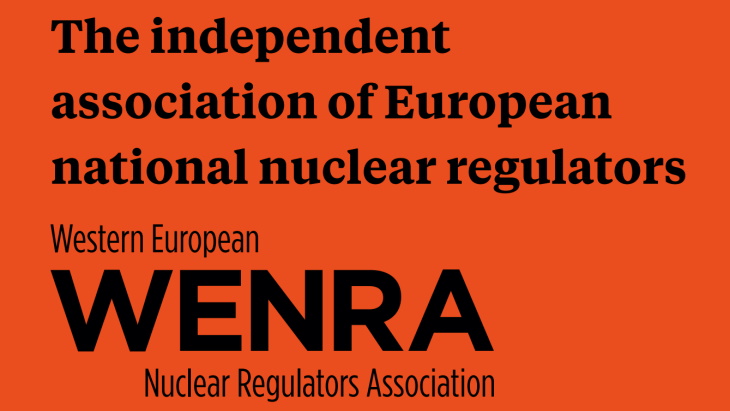The organisation notes that an increasing number of countries are including SMRs and AMRs in their plans to meet decarbonisation targets. It said there is a "strong expectation from stakeholders on the national licensing processes to be completed expeditiously".
"The business models of these reactors require that they are produced in a large number of copies with a generic design licensable in several countries without significant changes," WENRA said. "As a consequence, regulatory bodies are encouraged by vendors, licensees and some governments to reinforce harmonisation of their regulatory requirements, streamline their licensing processes and favour mutual recognition of safety reviews performed by their counterparts to ease the national licensing process of these designs."
Industry has a key role to play in order for these stakeholder expectations to be met, WENRA said. Firstly, industry should ensure that their reactor designs are sufficiently mature so that the design substantiations submitted to national regulators are complete, enabling efficient application of the regulatory assessment process. Secondly, it should provide timely design submissions to national regulatory bodies to aid regulatory collaboration. In addition, it should proactively gain a comprehensive understanding of national legal and regulatory frameworks.
WENRA said it "considers that the above mentioned expectations can be met, while preserving the principle of national responsibility for safety". This, it said, can be achieved through early engagement with vendors and wider stakeholders to provide clarification on regulatory expectations and facilitate efficient regulatory processes. It also requires collaboration on the joint assessments of SMR and AMR designs where appropriate and by developing processes to benefit from the regulatory assessments previously completed by other national regulatory bodies.
"Such processes shall enable each national regulator to gain an understanding of the acceptability of the safety case of the plant and, when applicable, of the validity of the assessment already performed by its counterparts," WENRA said. "In particular, assessment of the site specific aspects of the designs will remain the responsibility of the national regulatory body."
WENRA is a non-governmental organisation comprised of senior nuclear safety regulators from across the European Union and Switzerland, the UK and Ukraine. Currently 18 members, two associated members and 12 observers are represented in WENRA.
"WENRA members confirm their readiness to foster mutual collaboration on safety assessment of reactor designs along these lines," the association said. "To this aim, they encourage their respective government to provide regulatory bodies with a mandate, if needed, and sufficient resources."
It is crucial that SMR vendors and regulators engage early to clarify the degree of design maturity required to start the licensing process, according to a report published in June 2021 by World Nuclear Association. It said national regulators should collaborate through bilateral and multinational agreements on design and safety reviews, share technical reviews, establish common positions on safety criteria, and make appropriate use of existing reference SMR design reviews to streamline SMR licensing processes.
"We very much welcome and agree with the statement from WENRA. Industry members have been engaging for many years through World Nuclear Association's Cooperation in Reactor Design Evaluation and Licensing (CORDEL) Working Group which is investigating and proposing solutions to many of the steps identified in the statement for industry," said Allan Carson, Staff Director of the Working Group.
"CORDEL is also engaging with other international initiatives such as the International Atomic Energy Agency's Nuclear Harmonisation and Standardisation Initiative, and national regulators, to provide input from industry and with the aim of identifying best practice from previous and on-going activities," he added. "A critical step to ensuring the global deployment of standardised reactor designs is how we integrate and coordinate these activities to make maximum value of the resources available."






_18570.jpg)
_16159.jpg)
_49205.jpg)





